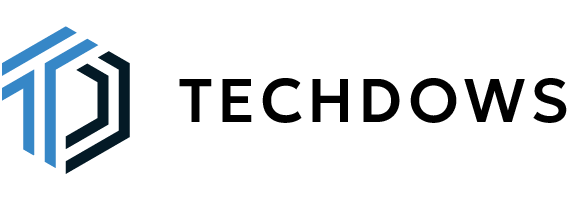Standard Chartered (OTC:SCBFF – Get Free Report) is one of 182 public companies in the “National commercial banks” industry, but how does it compare to its peers? We will compare Standard Chartered to related businesses based on the strength of its profitability, institutional ownership, dividends, risk, valuation, analyst recommendations and earnings.
Valuation & Earnings
This table compares Standard Chartered and its peers revenue, earnings per share (EPS) and valuation.
| Gross Revenue | Net Income | Price/Earnings Ratio | |
| Standard Chartered | $37.48 billion | $3.47 billion | 9.59 |
| Standard Chartered Competitors | $80.72 billion | $1.95 billion | 13.49 |
Standard Chartered’s peers have higher revenue, but lower earnings than Standard Chartered. Standard Chartered is trading at a lower price-to-earnings ratio than its peers, indicating that it is currently more affordable than other companies in its industry.
Dividends
Analyst Ratings
This is a summary of recent ratings for Standard Chartered and its peers, as provided by MarketBeat.
| Sell Ratings | Hold Ratings | Buy Ratings | Strong Buy Ratings | Rating Score | |
| Standard Chartered | 0 | 0 | 0 | 1 | 4.00 |
| Standard Chartered Competitors | 1587 | 8880 | 7384 | 306 | 2.35 |
As a group, “National commercial banks” companies have a potential upside of 1.36%. Given Standard Chartered’s peers higher probable upside, analysts plainly believe Standard Chartered has less favorable growth aspects than its peers.
Insider and Institutional Ownership
54.5% of shares of all “National commercial banks” companies are owned by institutional investors. 8.7% of shares of all “National commercial banks” companies are owned by insiders. Strong institutional ownership is an indication that hedge funds, endowments and large money managers believe a company is poised for long-term growth.
Volatility and Risk
Standard Chartered has a beta of 0.75, meaning that its stock price is 25% less volatile than the S&P 500. Comparatively, Standard Chartered’s peers have a beta of 0.81, meaning that their average stock price is 19% less volatile than the S&P 500.
Profitability
This table compares Standard Chartered and its peers’ net margins, return on equity and return on assets.
| Net Margins | Return on Equity | Return on Assets | |
| Standard Chartered | 10.92% | 9.49% | 0.58% |
| Standard Chartered Competitors | 15.00% | 9.59% | 0.97% |
Summary
Standard Chartered peers beat Standard Chartered on 11 of the 15 factors compared.
Standard Chartered Company Profile
 Standard Chartered PLC, together with its subsidiaries, provides various banking products and services in Asia, Africa, the Middle East, Europe, and the Americas. The company operates in three segments: Corporate, Commercial & Institutional Banking; Consumer, Private & Business Banking; and Ventures. It offers retail products, such as deposits, mortgages, credit cards, and personal loans; wealth management products and services that include investments, portfolio management, insurance, and wealth advice; and transaction banking services, such as cash management, working capital, and trade financing products. The company provides financial markets products and services that comprise project and export financing; debt capital markets and leveraged financing; financing and securities services; sales and structuring; macro, commodities, and credit trading; and market research services. In addition, it offers digital banking solutions. It serves financial institutions, governments, banks, investors, corporations, small to medium-sized businesses, and individuals. Standard Chartered PLC was founded in 1853 and is headquartered in London, the United Kingdom.
Standard Chartered PLC, together with its subsidiaries, provides various banking products and services in Asia, Africa, the Middle East, Europe, and the Americas. The company operates in three segments: Corporate, Commercial & Institutional Banking; Consumer, Private & Business Banking; and Ventures. It offers retail products, such as deposits, mortgages, credit cards, and personal loans; wealth management products and services that include investments, portfolio management, insurance, and wealth advice; and transaction banking services, such as cash management, working capital, and trade financing products. The company provides financial markets products and services that comprise project and export financing; debt capital markets and leveraged financing; financing and securities services; sales and structuring; macro, commodities, and credit trading; and market research services. In addition, it offers digital banking solutions. It serves financial institutions, governments, banks, investors, corporations, small to medium-sized businesses, and individuals. Standard Chartered PLC was founded in 1853 and is headquartered in London, the United Kingdom.
Receive News & Ratings for Standard Chartered Daily - Enter your email address below to receive a concise daily summary of the latest news and analysts' ratings for Standard Chartered and related companies with MarketBeat.com's FREE daily email newsletter.
